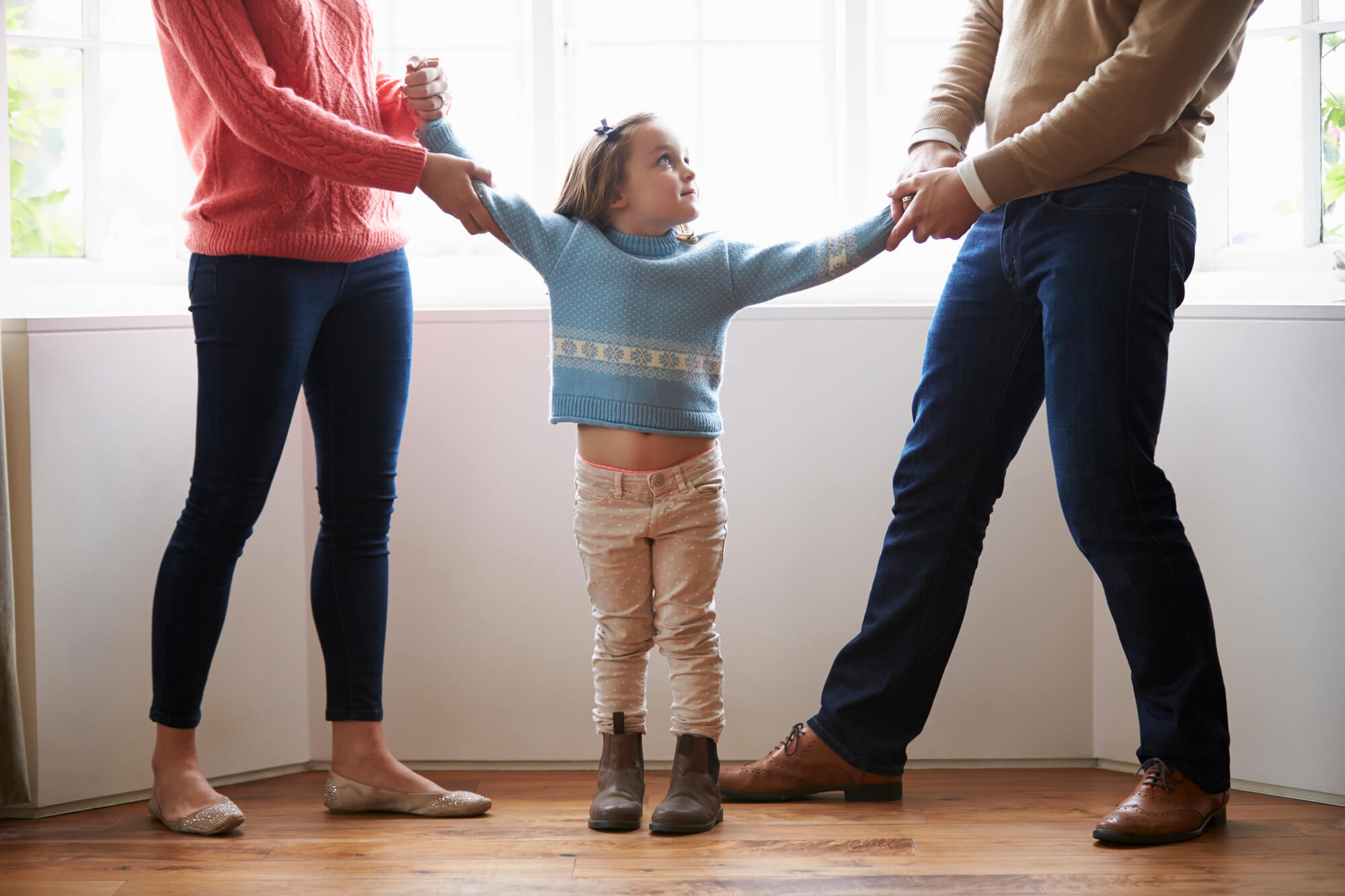Any major shift in a child’s life can be greatly difficult to manage. This is also true for children who are coping with a recent divorce or separation. Most times, ending a toxic or painful relationship between parents is ultimately the best decision you can make as a family. There is no need to feel guilty over your decision. It is possible to continue being incredible parents and help your children through this transition in the best way possible.
Expect changes and regressions
It is completely normal to see behavioural changes in your children during a big transition such as separation of parents. Prepare yourself for these changes. This will give you empathy, patience and compassion when coping with some of these behavioural issues. They could surface as a regression. Is your potty trained toddler having accidents? Perhaps your great sleeper is now waking up in the night. For older children this may surface as moodiness, acting out or intentionally breaking rules for attention. Find comfort in knowing that these behaviours should disappear as they settle into new routines.
Keep Kids Involved
Walk your children through the details of their new routine. They need to know how this will impact their school, their activities, where they will be living and sleeping. Walk through the details of everything, even if it seems excessive. Walk through when they will see mum and when they will see dad. Who will pick them up from school and who will drop them off. Especially at the beginning, be mindful about changing established plans. The more your children are prepared and aware, the more in control and comfortable they will feel.
Drop Off, Never Pick Up a Child
During the transition from parent to parent. Make a point for the parent in which the child is leaving to actively “drop off” the child. This may be walking them to the door or walking them to the car. The goal is to avoid the child from feeling like a parent is “taking them away” from the other. This is a small act of transition that can show a strong united front in co-parenting and show the support you have as a family unit.
Leave the Kids out of the Conflict
The whole point of separation was to provide a better environment for your children, one away from your conflict as a couple. Make this a conscious decision in the separation. Never bad mouth or complain about your co-parent in front of your child. If you have conflict, address this in private. It is also important to not make you child the “go between” between the two of you, even if it is something simple like delivering mail or documents. Manage your relationship separately. Your children may need to know a basic understanding of why their parents are separating but leave all details and war stories far away from their sensitive ears.
Build your co-parenting skills
Be intentional about shifting from a couple to a strong co-parenting team. Simple acts like asking your ex for advice about a parenting situation can go a long way in building respect between the two of you. When you make a mistake, don’t be afraid to apologise. Parenting is tough and this can set the tone for a supportive relationship. Be flexible when it comes to special events, if it cuts into your time. Remember that it is ultimately for the benefit of the child.
Going through a divorce or separation is already hard on the couple. Be kind a patient with yourself during this transition. This is the perfect reason to reach out for additional support from a psychologist for advice and support. To book in a time to speak to a psychologist call us on (02) 6262 6157 or book an appointment online.
Related reading:
5 Tips in getting through a relationship break up
What do children worry about?
How Different parenting style affect children
